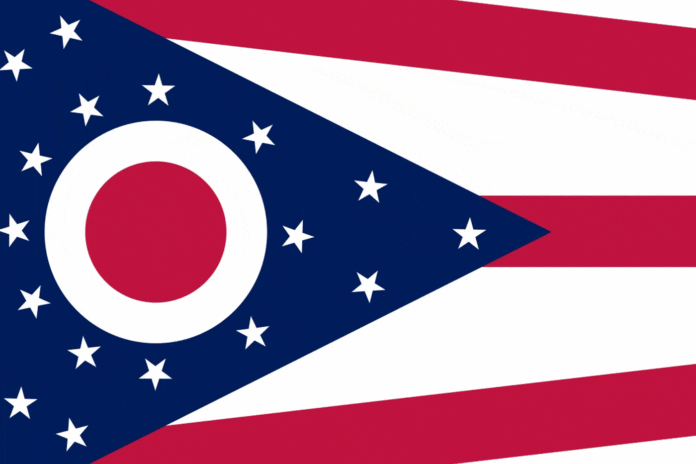COLUMBUS, Ohio – Ohio became the twenty-first U.S. state to launch an adult-use cannabis market August 6, beating the legislative deadline by one month.
The state joined Alaska, Arizona, California, Colorado, Connecticut, Illinois, Maine, Maryland, Massachusetts, Michigan, Missouri, Montana, Nevada, New Jersey, New Mexico, New York, Oregon, Rhode Island, Vermont, and Washington in the legal-recreational-sales club. Adult-use programs in Delaware, Minnesota, and Virginia are expected to be operational in early 2025.
The Ohio Department of Commerce Division of Cannabis Control granted dual-use certificates of operation to ninety-eight dispensaries—down from the 110 provisional licenses granted in July—allowing them to sell both medical and recreational products.
Industry analysts project sales in Ohio could total as much as $1.65 billion by 2027. The state’s dispensaries, including both local operators like Klutch and Queen City Cannabis and multistate operators like Ayr Wellness and Verano Holdings Corp., are gearing up to meet the anticipated demand from Ohio’s nearly 12 million residents. Notably, Ohio’s market launch did not include a social equity program, a point of contrast with some other states’ rollouts.
Verano Holdings Corp., which will expand its footprint to 150 dispensaries in fourteen states with the acquisition of The Cannabist Co. properties in Arizona and Virginia, began serving adult-use customers at four locations, including a dispensary in Cincinnati near the Kentucky border. With Ohio sharing borders with five other states—only one of which, Michigan, has legalized adult use—sales near the state lines are expected to drive significant revenue.
Ohio’s entry into the adult-use market follows a voter-approved initiative in November 2023, reflecting a growing trend toward recreational legalization in the Midwest.










